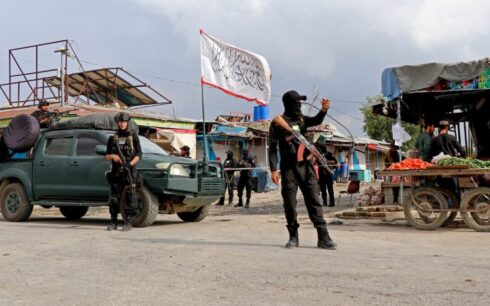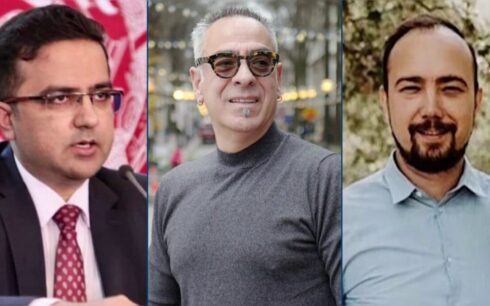The forced deportation of Afghan citizens has persisted for nine consecutive days, with over 200,000 undocumented immigrants expelled from the country, according to Pakistani media reports.
Amid this operation, Afghan migrants share harrowing experiences, describing their lives in Pakistan as akin to being prisoners. Salehzada, a 32-year-old musician who sought refuge in Pakistan after the Taliban’s music ban, is now in hiding in Karachi, fearing arrest by the Pakistani police.
“We don’t know when we will be arrested; maybe today, tomorrow, or some other day. But we hope that Pakistan should never actually deport us and they should stop the process of forcibly deporting vulnerable migrants,” Salehzada expressed.
The Pakistani police’s ongoing efforts to apprehend and repatriate undocumented immigrants have led some to leave the country to evade harassment. However, others, fearing arrest, have resorted to extreme measures, locking themselves inside their homes in a bid to escape authorities.
Human rights activists in Karachi, including Sijal Shafiq, have appealed to the Supreme Court of Pakistan multiple times to halt the forced deportation, emphasizing the plight of migrants who prefer facing potential dangers in Pakistan over returning to a Taliban-controlled Afghanistan.
In response to the ongoing expulsion, Acting Minister of Interior of the Taliban, Sirajuddin Haqqani, criticized Pakistan’s actions, considering it a breach of international principles. In a meeting with returnees at the Torkham crossing, Haqqani urged Pakistan to exercise tolerance and questioned the moral stance of the Pakistani government.
Despite calls from various countries, international organizations, and even the Taliban, Pakistan’s interim government has yet to reconsider its decision to continue the forced deportation of Afghan citizens, eliciting concerns and criticism on a global scale.





